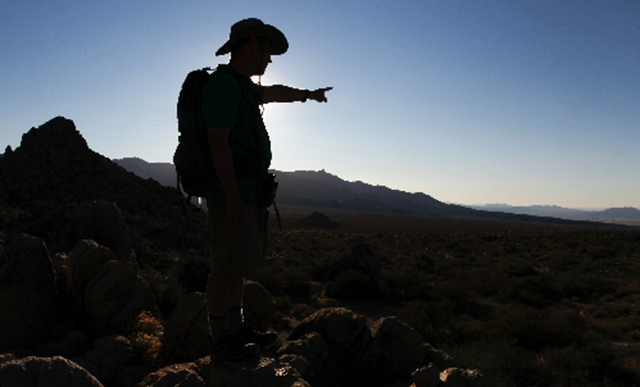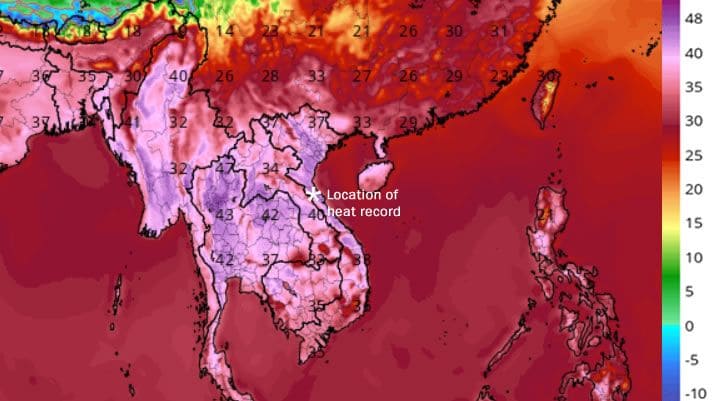California groundwater: Proposal for aquifer scaled back, but some still fear harm to environment
By NOAKI SCHWARTZ and GARANCE BURKE, THE ASSOCIATED PRESS
8 November 2011 CADIZ, California – Off historic Route 66 in the heart of the California desert, the barren landscape of dry scrub and rock abruptly gives way to an oasis of tall green trees heavy with lemons and grape vines awaiting next month’s harvest. Some think this lush farm in the unlikeliest of places sits atop a partial solution to Southern California’s water woes. By tapping into an aquifer the size of Rhode Island under the 35,000-acre Cadiz ranch, proponents say they can supply 400,000 people with drinking water in a few years. If the plan sounds familiar, it is. A decade ago, Los Angeles’ Metropolitan Water District narrowly rejected it when it faced widespread environmental opposition. A scaled-back version has resurfaced with a greener pitch, momentum from five water agencies and what the company contends is better science to win over skeptics. “Do we need additional water supplies? Yes. Do we need groundwater storage? Yes,” said Winston Hickox, a Cadiz board member who headed the California Environmental Protection Agency. “The question is ‘OK, environmental community, what are your remaining concerns?’ I don’t know.” But conservationists including the Sierra Club remain worried. Critics say that the company has misrepresented the size of the aquifer and that mining it could harm the threatened desert tortoise, bighorn sheep and the nearby Mojave National Preserve, which has some of the densest and oldest Joshua tree forests in the world. Concerns over rare desert species were echoed by state Department of Fish and Game biologists in March. Conservationists also worry tampering with an aquifer in a place where water is so scarce could cause dust storms. “There’s a lot of unknowns here, but we think this project has the potential to adversely affect air quality, draw down water resources and alter the flow of groundwater beneath the Mojave Preserve,” said Seth Shteir with the National Parks and Conservation Association, which plans to scrutinize an environmental review of the project, expected to be released this month. […] For years, the project was led by a colorful British businessman, Los Angeles-based Cadiz founder Keith Brackpool, who since has taken a more behind-the-scenes role. Brackpool, who also heads the California Racing Board, has deep political connections, contributing to past gubernatorial candidates, serving as a water consultant to former Gov. Gray Davis and whose company once employed Los Angeles Mayor Antonio Villaraigosa as a consultant. Brackpool, however, became something of a distraction when it was revealed by the Los Angeles Times that years earlier he pleaded guilty in London to criminal charges that included dealing in securities without a license and that his expertise before becoming the governor’s water consultant was overseeing a food company. His company reports having $145 million in assets but generated revenue of just $1 million last year. It also is being investigated by shareholders unhappy with recent executive bonuses. Cadiz ranch is the company’s only water project. […]
California groundwater: Proposal for aquifer scaled back, but some still fear harm to environment

